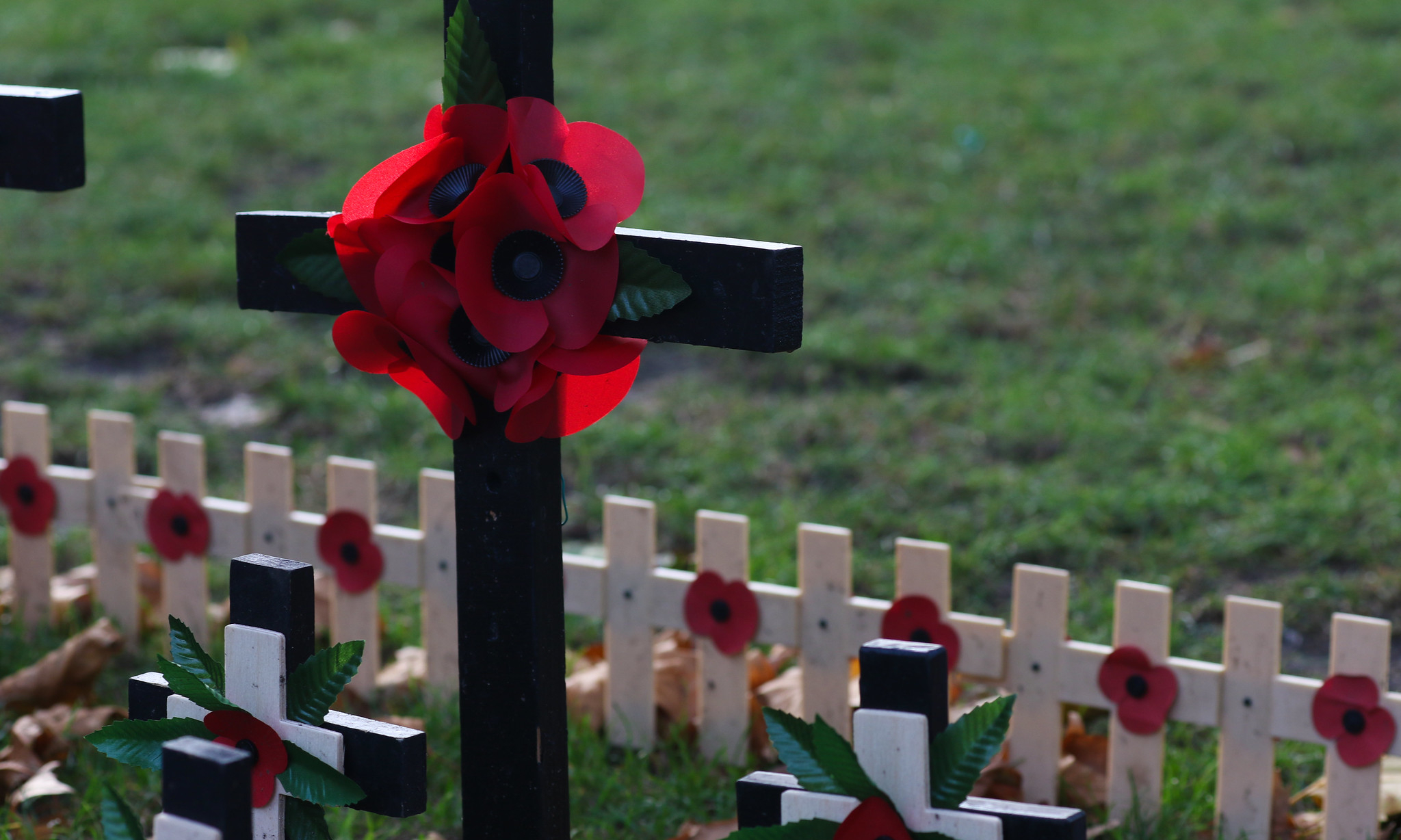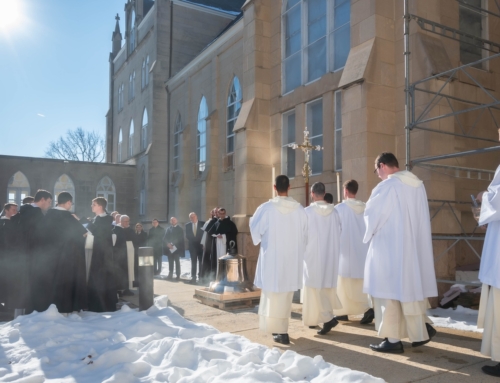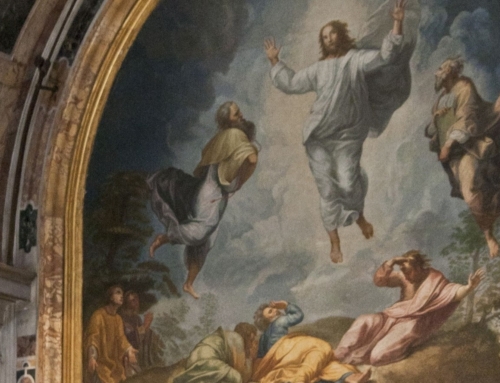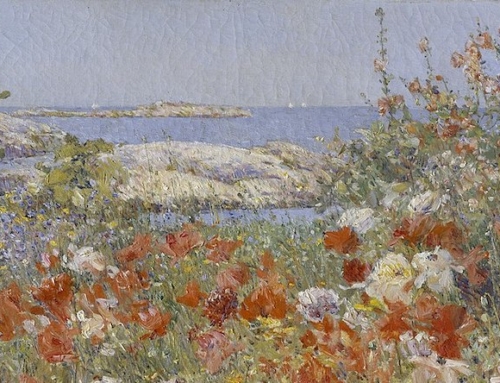I was surprised by the imagery of baptism and rebirth in Sam Mendes’ new film 1917. It distinguishes the film from the more despairing use of Christian imagery in the works of Wilfred Owen, the leading poet of the First World War.
Allusions to Christianity are common in Owen’s poems; he movingly uses them to lament the horror of the trenches and to criticize the militarism of the British clergy. In At a Calvary near the Ancre, Owen portrays the clergy’s support for the war as a betrayal of Jesus. Just as they did in Pilate’s courtyard, priests and scribes “bawl allegiance to the state” and deny the gentle Christ. They have missed the hour of their visitation. As a result, in Anthem for Doomed Youth, Christian liturgy is futile; it can only mock the suffering in the trenches. For “these who die as cattle,” the only bells are the “monstrous anger of the guns,” the only prayers are the “stuttering rifles’ rapid rattle,” the only choirs are the “shrill, demented choirs of wailing shells.”
Owen recognizes that soldiers’ sufferings are configured to the crucified Christ (At a Calvary near the Ancre), but his disdain for clerical ritual leads him to despair of soldiers’ eternal life through the sacraments. In The End, the poet asks God if he will “renew these bodies” and wash age “with an immortal water.” God replies, “not so.” In Strange Meeting, soldiers in Hell lament that men’s chariot-wheels are clogged, an allusion to Pharaoh’s armies who were drowned and not saved when crossing the Red Sea. In A New Heaven, Owen rues that they never found a crossing for the river to the afterlife, and they “from high Paradise are cursed and banned.” The best they can hope for is to die in England across the Channel.
At first glance, 1917 seems to imitate Owen’s mocking dismissal of the clergy and sacraments. A lieutenant amuses himself by anointing the protagonists Blake and Schofield with liquor, and Blake jokes about having turned down the priesthood for army food.
Despite this gentle mockery, Mendes invokes baptismal imagery in an earnest way in 1917, as he does in another of his movies, Skyfall. Schofield passes through three scenes of death and resurrection: three times in the film, Schofield loses consciousness and the viewer is uncertain if he is going to die. First, Schofield is buried alive in a German tunnel and rescued by Blake. After his “rebirth”, he is temporarily blinded and must make a leap of faith to follow Blake across a mineshaft. Next, he is shot in the helmet when approaching a German sniper. After the camera cuts to black, Schofield is woken up by dripping water. Lastly, he passes out in a river after falling down a waterfall, waking up when his head sinks under the water. All three are allusions to baptism, which is both a burial (Col 2:12) and a washing (Titus 3:5).
The last of these scenes is especially evocative of baptism. What do we see in this scene? “Water, certainly, but not water alone” (St. Ambrose, De Mysteriis 8). Schofield clings to wood, which was linked to baptism in early Christian catechesis because of the saving wood of Noah’s ark and the Cross. White petals descend from the sky, hinting at the sending of the Holy Spirit. Schofield cathartically and tearfully crawls over a dam of dead bodies, representing the death of the old self which baptism demands and brings about. Ascending to the land of the living, Schofield hears a beautiful gospel hymn that alludes to Joshua’s crossing of the Jordan, a prefiguration of both baptism and heaven. Refreshed by water and song, Schofield is strengthened to deliver the message entrusted to him, saving almost sixteen hundred men.
Mendes’ appropriation of baptismal imagery allows 1917 to achieve the rare feat of portraying the First World War in terms of hope and rebirth rather than merely of pity and death. As we watch Schofield’s journey, we recall that we have been buried and raised with Christ (Romans 6:4). Just as Schofield is rescued from death by a flawed man, so have we been given new life even through unworthy ministers. Though we are still poor wayfaring strangers in this valley of tears, Jesus is bringing us over Jordan.
We also recall the eternal destiny of fallen soldiers from the Great War, the vast majority of whom were Christian. We can do more than remember them and grieve for them: we can pray that their souls, having been conformed through baptism and suffering to Christ, may now rest in the vision of his glory.
✠
Photo by Fr. Lawrence Lew, O.P. (used with permission)







